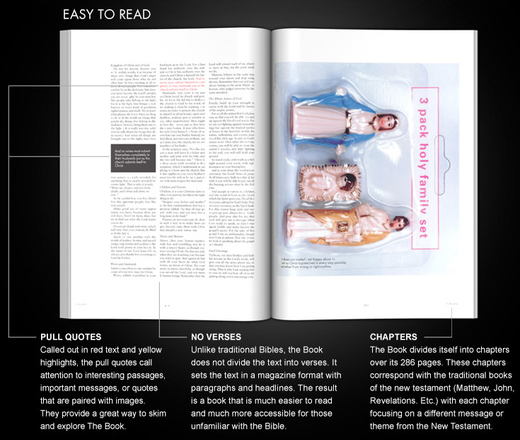Talk to someone who runs a successful business and ask them, “When was the last time you looked at your business plan?” Chances are they don’t even know where to find it.
“Three Start-Ups, a Year Later” [NY Times] gives some examples of how little the original plan for a business matters once you’re actually doing something.
Tina Ericson recently shut down her online T-shirt store, Mamaisms Gear, in Wilmington, N.C., overwhelmed by the strains it was putting on her corporate job. “It seems like it was only yesterday that we were discussing our plans to make $100,000 in revenue the first year,” Ms. Ericson said. “We made some very expensive mistakes.”…
She predicted sales in 2008 of $100,000 at Mamaisms Gear, which intended to offer a broad line of T-shirts and other products with “Mama Says” slogans like “Quit Whining.” She also talked about creating a Web site for women and starting a consulting company for the financial services industry…
But by June, with economic growth slowing, all three business owners were scaling back their ambitions. Ms. Ericson had abandoned her plans to create an Internet community for women and to start a consulting firm to concentrate on marketing her T-shirts to boutiques.
The other two business profiled are still alive but have also completely rethought their original plans. They’ve changed focus, services, salaries, partnership arrangements, etc.
Sure, you can blame the economy. But this type of thing is par for the course even when things are going fine. Businesses, like armies, always have to adjust to the facts on the ground. If these companies’ one year projections were so far off, imagine how worthless those year three (or five) projections turned out to be.
It begs the question: What’s the point of a business plan if it’s obviously a fantasy that has nothing to do with reality? If these projections are just numbers pulled out of thin air, why pay any attention to them? Wishful thinking doesn’t really benefit you in any way.
It seems like most people write business plans just because they think they’re supposed to. They’ve been told a business plan is what a “real” business needs so they go ahead and start making shit up. Then reality happens and the whole thing goes out the window.
Sure, thinking about the future can help. But writing it down and thinking it’s any sort of plan is foolish. The truth is you’re not going to know what to do until you’re actually doing it.

 Luggage Online offers a size chart (and Carry-On Luggage Regulations for each airline too).
Luggage Online offers a size chart (and Carry-On Luggage Regulations for each airline too). eBags also offers a Rolling Luggage Size Guide.
eBags also offers a Rolling Luggage Size Guide.

